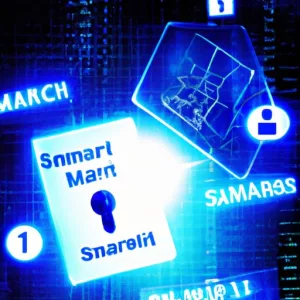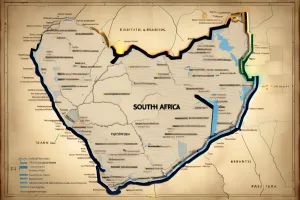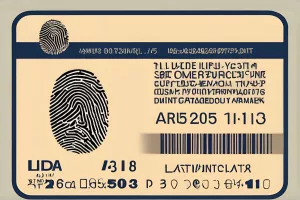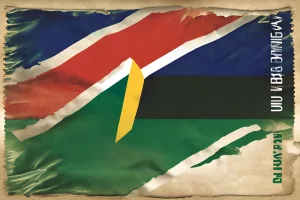Naturalized citizens are facing tough times trying to get the 2025 SA Smart ID Card. They struggle with slow computer systems, hardtoreach old ID booklets, and long waits at home affairs offices. Many feel left out and frustrated as they are turned away without help. Although there’s hope for better technology and new features in the ID cards, the process is still a long and rocky road for those seeking to feel truly at home in South Africa.
South Africa is stepping into a new age with Smart ID cards, replacing the old green ID books. These new cards are safer, making it harder for identity theft to happen, and they will help the government serve people better and faster. While the green books will still be valid for now, the government is working hard to get everyone a Smart ID, especially those in remote areas. This change is important for everyone, as it promises a more secure and modern way to prove who you are in a digital world. Overall, the move to Smart ID cards is a big leap toward a safer and more efficient future for all South Africans.
South Africa is making it easier for people to get smart IDs and passports by working with banks. Right now, 30 branches offer these services, and soon, 34 more will join in, making it even more accessible for everyone. This effort not only provides convenience but also ensures that services reach people in both cities and smaller towns. With banks like FNB and Absa leading the way, South Africa is embracing new technology to create a faster and friendlier experience for all its citizens.
South Africa’s banking sector is moving towards smart ID cards with fingerprint scans that link to biometric databases to streamline and digitize identity verification. The Department of Home Affairs encourages citizens to switch from green ID books, which will be phased out, to make verification more efficient, quick, and secure. This transition underscores South Africa’s commitment to leveraging technology for a more inclusive, equitable, and digitallyempowered future.
South Africa is transitioning towards a new era of identity documentation, phasing out the use of the green barcode ID book in favor of the smart ID card. With over 21 million distributed, the smart ID card offers superior security and functionality, including defense against identity theft and fraud. The government is aiming to distribute an additional 17 million smart ID cards to ensure a smooth transition towards digitalization, reflecting their dedication to refining systems and procedures for the convenience and wellbeing of its citizens.
Naturalised citizens in South Africa are facing a daunting task of obtaining a smart ID card that represents their citizenship rights, despite fulfilling the necessary criteria. The Department of Home Affairs’ inefficiencies are the root cause of this issue, leading to them being viewed as secondclass citizens. Even after a decade of the introduction of smart ID cards, the situation remains unchanged, and naturalised citizens continue to fight for recognition and justice.






